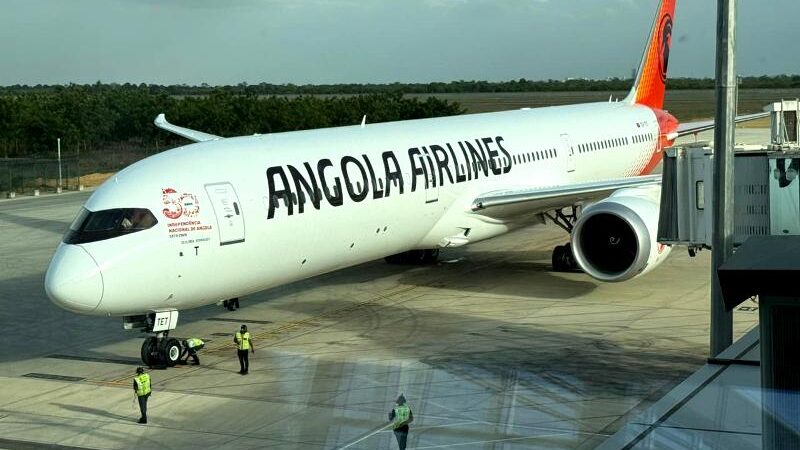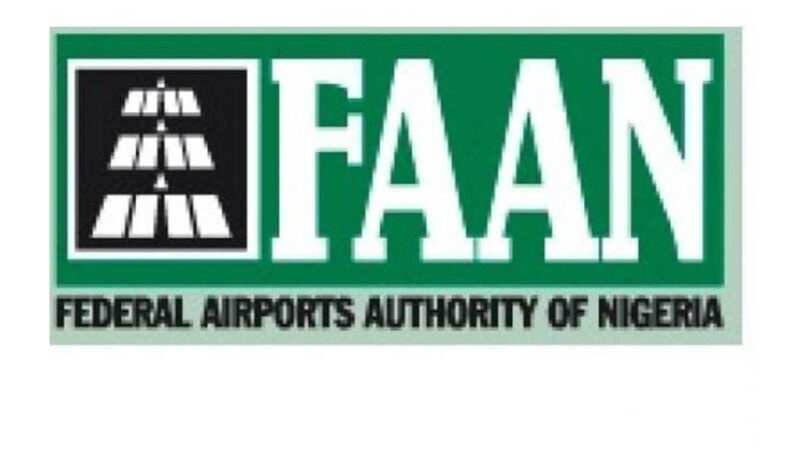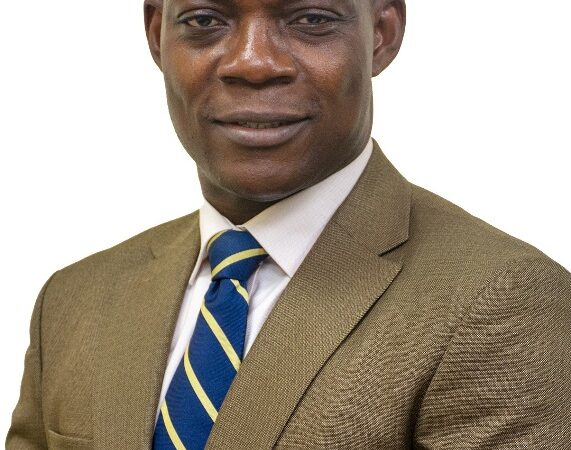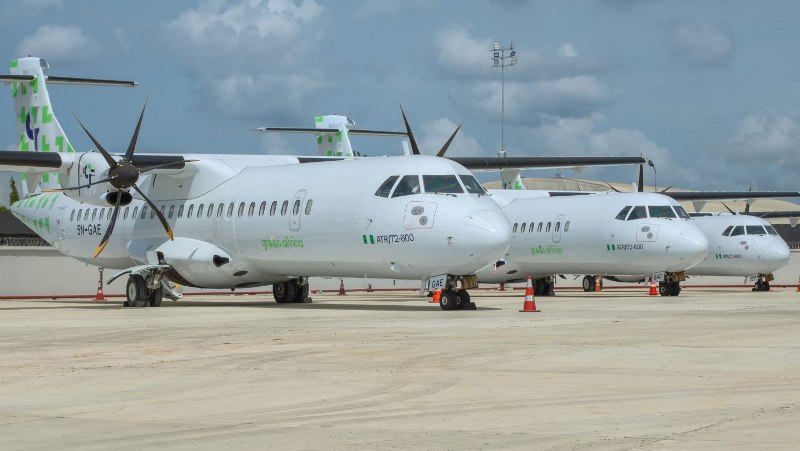NAMA To Review Navigational Charges, As MD Gives Reason For ATC Shortage
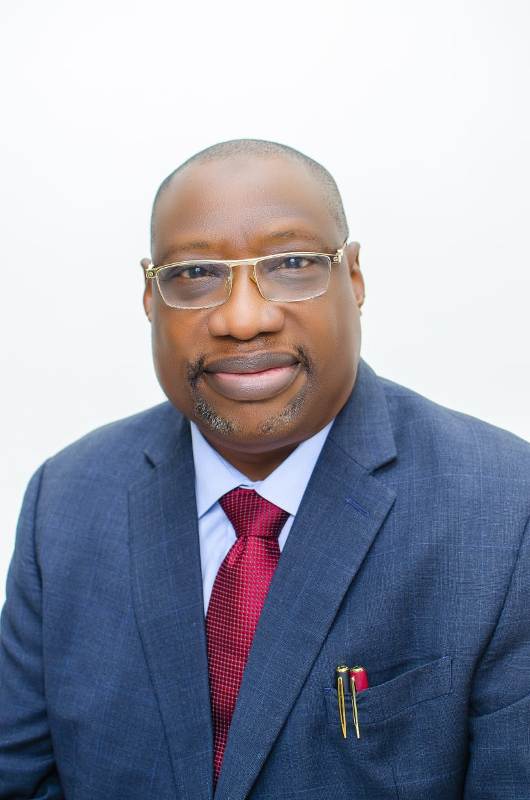
The Managing Director of Nigerian Airspace Management Agency (NAMA), Alhaji Ahmed Umar Farouk says the agency plans to review navigational charges to reflect modern realities.
Speaking in an interview with aviation journalists, Farouk said: “There was a meeting of aviation stakeholders that was convened by the NCAA and at that meeting, I raised the issue with airline operators of Nigeria. Since 2008, the navigation charge has been the same. At that time in 2008, the charge was N11,000 when airfare was N16,000. They have been reviewing the air ticket and today, the fare is N150,000 per flight. We are still charging N11,000. I think it is unfair and any time you draw their attention to it, they do not want us to review it. We are a cost recovery agency and there is huge investment we are making to make sure that safety is not compromised. It is high time the airlines accepted the reality. We are going to review our navigational charges to match the current economic situation. That is where we are. We have written to the Ministry and when it is time to do that, we will call for stakeholders meeting so that we let them know and give them time to prepare and adjust to the new charges.
Farouk equally explained that the absence of “proper manpower auditing or proper planning” in the past was responsible for shortage of Air Traffic controllers in the country but that efforts were already being made to address the challenge.
“We don’t have enough air traffic controllers. The challenge is still there. The mistake of the past administration; there was no proper manpower auditing or proper planning. It takes time to train air traffic controllers and they are quite aware of this. It has gone on for many years. Now that we decided to recruit them, it takes more than one year to train air traffic controllers that will be on the hot seat. You can imagine the gap and we can’t train hundreds of them. You can imagine the time it takes for a handful to be trained. What is the turnover of that process? It takes time to get the number required. That is the challenge we are having. We are working toward making sure that that aspect is addressed,” he stated.
Farouk said his experience, having started his career with the Ministry of Labour and Productivity, has been brought to bare in maintaining induustrial harmony in NAMA.
On efforts being made to address infrastructure decay, he said: “If you go to Navaids, we are also having obsolete facilities. For an average electronic system, the lifespan is about ten years. Most of these electronics have been working for the past 15-20 years. You will expect the performance to be below the standard. We are replacing them. We have commenced replacement of all these facilities. If not for funding, we would have finished replacing all of them. But for now, we have done almost 80% but the contractors are still working. The level of patriotism in them is highly commendable. They have understood us and they are working hard to ensure that they complete the project. Here, we have the surveillance. This is where I have a serious challenge. The TRACON we are having has been having challenges. I will categorically tell you that since 2014, we have not had enough spare parts. The cost of spares is the issue and the obsolete state of the equipment. The FEC has approved the modernization of the TRACON system. 15% of the fund has been paid and we are hopeful when the presentation from Thales comes, they will commence installation as soon as other things are put in place. We are hopeful that at the end of it, at least the system will go back to optimal performance. That is as far as surveillance is concerned. The other one is the power system. It is also part of the approval that we got. All these things I am saying, there is a tremendous improvement and the hindrance to working effectively is squarely on the power issue. If they get this N40 billion presidential intervention, I am telling you that in the next few months, we will be able to conquer these challenges.”

